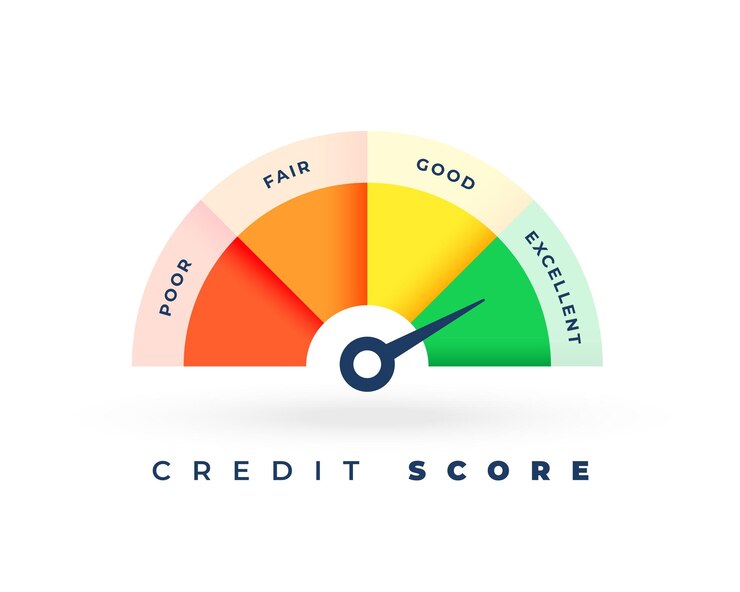How to Improve Your Credit Score in 30 Days

1. Introduction -
A good credit score is essential for financial stability in the USA. It affects your ability to secure loans, qualify for credit cards, and even rent apartments. If your credit score needs a quick boost, don’t worry—it’s possible to make improvements within 30 days. Here's a step-by-step guide to help you.
2. Check Your Credit Report for Errors -
Your credit report plays a significant role in determining your score.Start by obtaining a free copy of your credit report from MyFICO or FreeCreditScore.com.
Look for:
2.1. Incorrect personal information
2.2. Errors in account balances or payment history
2.3. Accounts you don’t recognize
What to Do : - Dispute any errors with the main credit bureaus, such as Innovis, LexisNexis RiskSolutions, or ChexSystems. Correcting errors can result in an immediate score improvement.
3. Pay Down Credit Card Balances -
3.1. Credit utilization — the percentage of available credit you're using—makes up about 30% of your credit score. Aim to keep this ratio under 30%, or ideally, below 10%.
Quick Tip:- If possible, make extra payments to lower your balances. Prioritize paying down credit cards with the highest balance-to-limit ratio first.
4. Request a Credit Limit Increase -
A higher credit limit can reduce your credit utilization ratio without requiring you to pay down balances immediately.
How to Do:- Reach out to your credit card provider to inquire about raising your credit limit. Be sure not to increase your spending to take advantage of this boost.
5. Pay Bills On Time -
Payment history accounts for 35% of your credit score. A single late payment can significantly hurt your score, but paying all bills on time will have the opposite effect.
Quick Action Plan: -
5.1. Set up automatic payments for credit cards and utility bills.
5.2. If you've missed a payment, pay it as soon as possible to minimize damage.
6. Avoid Opening New Credit Accounts -
Every time you apply for new credit, it may cause a small dip in your credit score. During this 30-day improvement plan, avoid applying for new credit cards or loans.
7. Become an Authorized User -
If a family member or trusted friend has a credit card with a good payment history and minimal credit usage, request to be added as an authorized user. This can add positive credit history to your report.
8.Consider using a Secured Loan or a Prepaid Credit Card to build your credit -
If you have limited credit history, consider applying for a secured credit card or a credit builder loan. Use these responsibly to establish positive credit behavior.
9. Keep Old Accounts Open -
The length of your credit history impacts your score. Don’t close old credit accounts, as they help increase the overall age of your credit history.
10. Monitor Your Progress -
Use credit monitoring tools like Credit Karma or Experian to track your progress. These tools provide insights into your score and suggest additional ways to improve it.
Conclusion : - Improving your credit score in 30 days is possible with focus and the right strategies. By regularly reviewing your credit report, reducing your credit card balances, and paying bills on time, you can make a significant impact on your score. Remember, building good credit is a long-term process, but taking these steps now will set you on the right path to financial stability and greater opportunities for loans, credit cards, and other financial benefits. Stay consistent and monitor your progress to see the results.
Read the article - Money Tips for Millennials: How to Be Financially Free